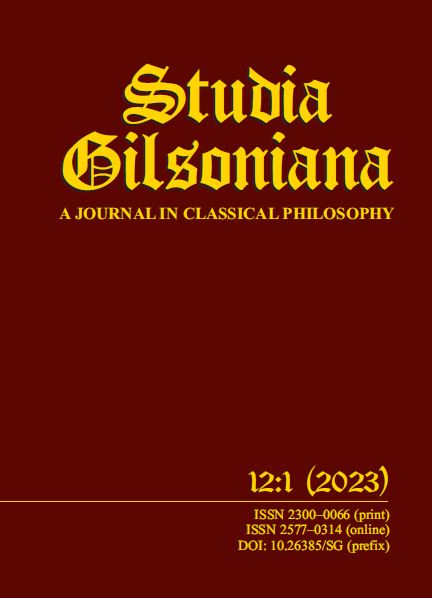The Role of Thomistic Philosophy in the Cultural Mission of the Catholic University of Lublin
The Role of Thomistic Philosophy in the Cultural Mission of the Catholic University of Lublin
Author(s): Mieczysław RybaSubject(s): Philosophy, History of Philosophy, Social Philosophy, Special Branches of Philosophy
Published by: International Étienne Gilson Society
Keywords: Catholic University of Lublin; Thomism; the Lublin Philosophical School; Idzi Benedykt Radziszewski; Mieczysław Albert Krąpiec
Summary/Abstract: The article discusses the influence of the Lublin school of Thomistic philosophy on the scientific and cultural life of Poland and the world in the 20th century. The author shows that the Lublin university, from the very beginning of its establishment, based its model of scientific life on the philosophy of St. Thomas Aquinas. This resulted from papal teaching (Leo XIII, Pius XI). The philosophy was developed remarkably during the communist era, when the Lublin Philosophical School was formed. It produced numerous publications and created an environment that had a great influence on the intellectual life of Poland. The Lublin milieu, based on Thomism, entered into an effective discourse with the ideological currents that swept the Western world. In the interwar period, this was Bolshevik Marxism and National Socialism. In modern times, this discourse is conducted with the postmodern current and the neo-Marxist philosophy of the Frankfurt School.
Journal: Studia Gilsoniana
- Issue Year: 12/2023
- Issue No: 1
- Page Range: 9-31
- Page Count: 23
- Language: English

